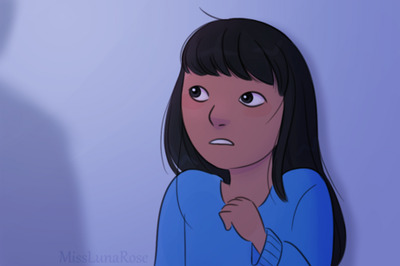
views
The Omicron Covid variant, which is initiating lockdowns and travel bans across the globe, may not actually be all bad news. The mutation, first reported to the World Health Organisation from South Africa, is apparently registering “very mild” cases, reports say. If this is true, taking in mind its increased transmissibility flagged by the world health body, then the variant may take over the lethal Delta mutation, thus causing a decreased fatality risk across the globe, according to some experts.
The South African doctor who was one of the first to suspect a different coronavirus strain among patients said on Sunday that symptoms of the Omicron variant were so far mild and could be treated at home. Dr. Angelique Coetzee, a private practitioner and chair of South African Medical Association, told Reuters that on Nov. 18 she noticed seven patients at her clinic who had symptoms different from the dominant Delta variant, albeit “very mild”.
What are the symptoms being reported in these Omicron cases in South Africa?
Coetzee said that most of the patients are seeing very, very mild symptoms and none of them so far have been admitted patients to surgeries. “We have been able to treat these patients conservatively at home,” she said.
Coetzee, who is also on the Ministerial Advisory Committee on Vaccines, said unlike the Delta so far patients have not reported loss of smell or taste and there has been no major drop in oxygen levels with the new variant.
Her experience so far has been that the variant is affecting people who are 40 or younger. Almost half of the patients with Omicron symptoms that she treated were not vaccinated. “The most predominant clinical complaint is severe fatigue for one or two days. With them, the headache and the body aches and pain.”
Why experts think this could be good news
Based on the preliminary data from Southern Africa, virologist Marc van Ranst stated this weekend that if the omicron variant is less pathogenic but with greater infectivity, allowing Omicron to replace Delta, “this would be very positive.”
According to the WHO, preliminary evidence suggests that the variant has a higher risk of reinfection and may spread faster than other strains, including Delta.
Proffesor Dror Mezorach, head of the coronavirus department at Hadassah University Hospital Ein Karem in Israel also told a local news daily that the preliminary reports on the clinical condition of people infected with the new variant were encouraging.
“If it continues this way, this might be a relatively mild illness compared to the delta variant, and paradoxically, if it takes over, it will lead to lower infection rates, and it will be easier to deal with globally,” he told FXstreet.
The WHO has aksi said it is not yet clear whether the newly-detected coronavirus variant Omicron is more transmissible or causes more severe disease compared to other variants, including the highly-transmissible and globally prevalent Delta variant.
There is currently no information to suggest that symptoms associated with Omicron are different from those from other variants, the WHO said, adding that initial reported infections were among university studies — younger individuals who tend to have more mild disease — but understanding the level of severity of the Omicron variant will take days to several weeks.
Vaccination Will Protect, and Increased Inoculation Prompts May Even be Better
UK Microbiologist Prof Calum Semple told the BBC that the omicron variant is not a disaster as is being pegged, adding that vaccines are “still likely to protect you from severe disease”.
“This is not a disaster, and the headlines from some of my colleagues saying ‘this is horrendous’ I think are hugely overstating the situation. Immunity from the vaccination is still likely to protect you from severe disease. You might get a snuffle or a headache or a filthy cold but your chance of coming into hospital or intensive care or sadly dying are greatly diminished by the vaccine and still will be going into the future,” he said.
Meanwhile, news of the variant and the fact that the Covid-19 pandemic is not behind us yet has also prompted more vaccinations, even locally in India, as Maharashtra on Sunday saw its highest weekend turnout with nearly 3 lakh stepping out to get vaccinated.
Read all the Latest India News here



















Comments
0 comment